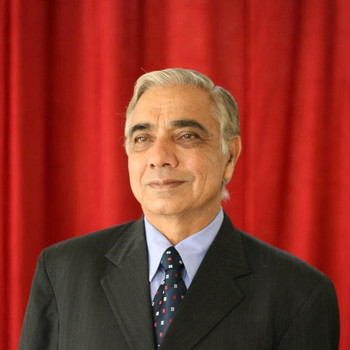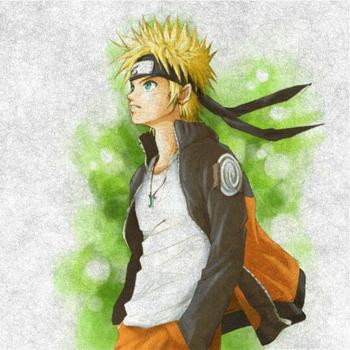What makes one person's blood different from someone else's?
2 Answers
Different people have different blood groups, i.e. A,B,AB and O due to the presence or absence of antigens A and B.
Explanation:
There are 4 different blood groups, i.e. A, B, AB and O. The type of blood group of a person is determined by the presence of specific antigen on R.B.C.s of the blood.
Blood groups A and B are due to the presence of antigen A and B in blood, respectively. Blood group becomes AB if both antigens A and B are present in the blood. A person will have O blood group if none of the antigens A or B is present in the blood.
The presence or absence of a particular antigen is controlled by a particular gene
The recessive allele
The type of blood group depends upon the genotype regarding this specific gene. The relation between genotype and blood groups is given below:
Genotypes
Genotypes
Genotype
Genotype
Thus the type of blood group is determined genetically just like other characters i.e. colour of the eye, skin colour, etc. Thus different people have different blood groups, controlled by inheritance of genes from their parents.
While everyone's blood is made up of the same basic parts, there's actually a lot of variety in the kinds of blood that exist.
Explanation:
What makes one's blood different from someone else's is a unique combination of protein molecules, called antigens and antibodies. The surface of a RBC is coated with a combination of sugars and proteins called antigens. Depending upon the combination, one may have A antigen, B antigen, both A and B antigens or no antigens at all.
Blood types are inherited and represent contributions from both parents. A total of 35 human group systems are now recognised. The two most important one's that determine someone's blood type are ABO and RhD antigen.



